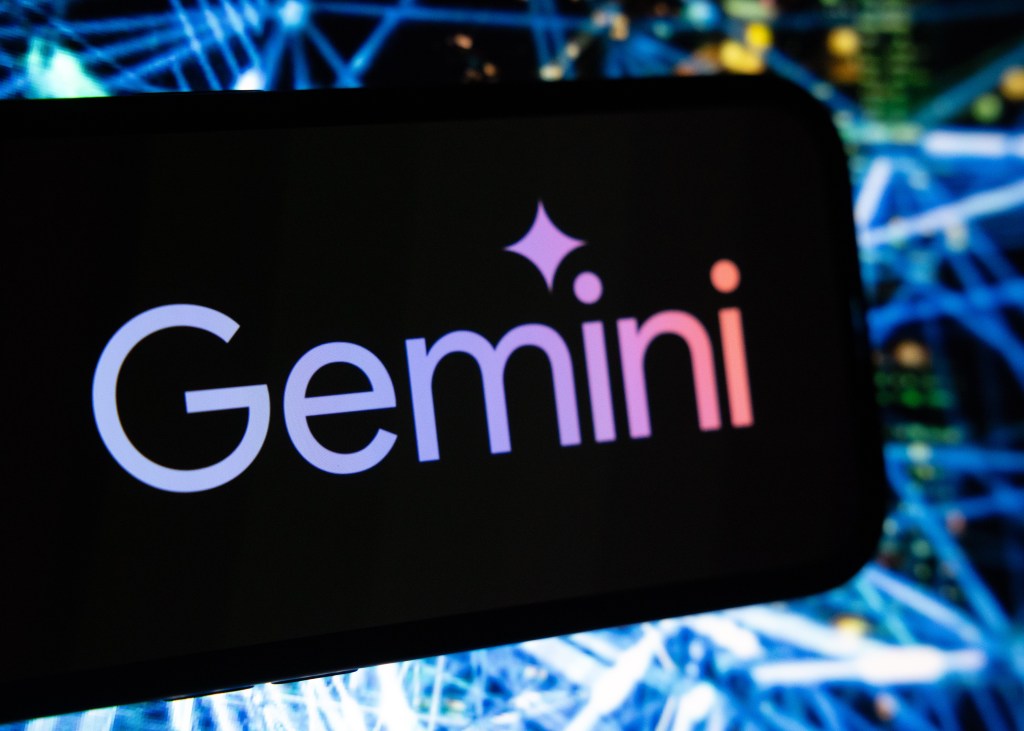In a landmark move, The New York Times (NYT) has entered into a multi-year licensing agreement with Amazon, granting the tech giant access to its extensive editorial content for integration into Amazon’s artificial intelligence (AI) products. This collaboration signifies NYT’s inaugural venture into licensing its content specifically for generative AI applications.
Under the terms of the agreement, Amazon will incorporate a wide array of NYT’s offerings, including news articles, recipes from NYT Cooking, and sports coverage from The Athletic, into its AI-driven platforms. This integration is expected to enhance user experiences across various Amazon services, notably including the Alexa voice assistant. Users can anticipate real-time summaries and excerpts of NYT content seamlessly presented within Amazon’s ecosystem.
A spokesperson for The New York Times emphasized the mutual benefits of this partnership, stating, Whenever it makes sense within the consumer experience on Amazon’s products, they will provide direct links to Times products, where readers can get the full Times experience. This approach not only enriches Amazon’s AI capabilities but also directs users to NYT’s platforms, potentially boosting readership and engagement.
The financial specifics of the deal remain confidential. However, this agreement marks Amazon’s first foray into such a licensing arrangement, aligning it with other tech companies that have pursued similar collaborations. For instance, OpenAI has established partnerships with several publishers, including The Washington Post, The Atlantic, The Guardian, NewsCorp, and Axel Springer, to license content for AI training purposes.
This development comes in the wake of NYT’s legal actions against OpenAI and Microsoft in December 2023. The newspaper filed a lawsuit alleging that these companies utilized millions of its articles without consent to train their AI models, thereby infringing on copyright laws. The lawsuit underscored concerns that AI-generated content could divert readers and diminish subscription and advertising revenues for traditional news outlets.
The media industry’s response to AI’s growing influence has been varied. While some organizations have opted for litigation to protect their intellectual property, others have chosen to negotiate licensing agreements. This divergence reflects the complex landscape media companies navigate as they seek to safeguard their content while exploring new revenue streams in the digital age.
The NYT-Amazon partnership exemplifies a proactive approach to this challenge. By licensing its content, NYT not only secures compensation for its intellectual property but also positions itself at the forefront of AI integration in media. This strategy acknowledges the transformative potential of AI in content dissemination and consumption, aiming to harness these advancements to enhance user engagement and expand its audience reach.
As AI continues to reshape the media landscape, collaborations like the one between NYT and Amazon may set a precedent for future partnerships. They highlight the importance of balancing innovation with the protection of intellectual property rights, ensuring that content creators are fairly compensated in an increasingly digital and AI-driven world.



